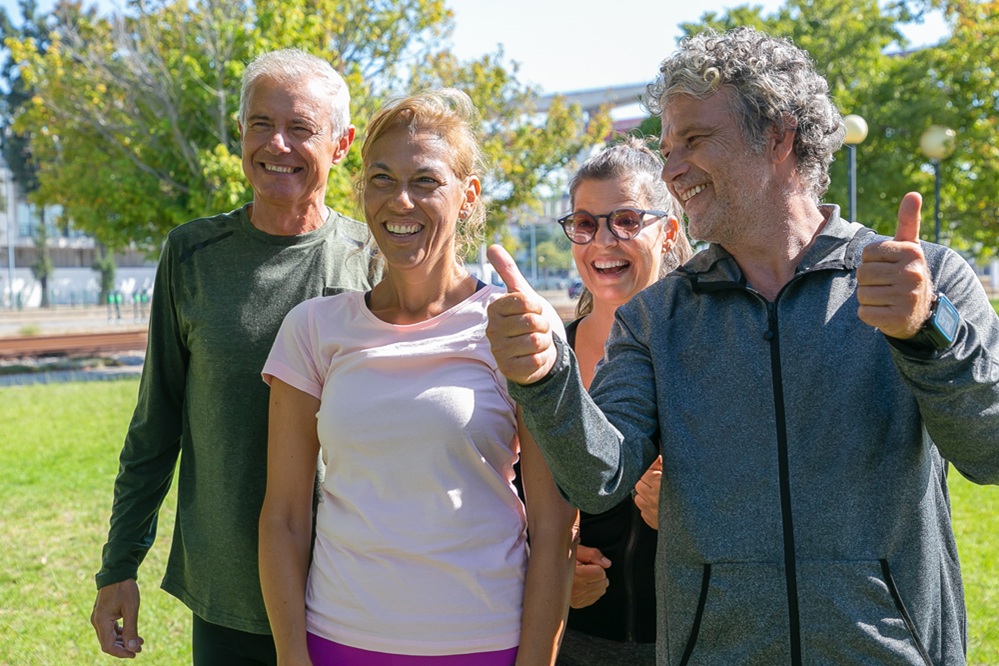The combination of science with lifestyle and self-experimental practices to enhance performance and health has gained increasing popularity during the accelerating pace of modern life. The practice that tech-savvy individuals traditionally used to modify their bodies through technology has evolved into an effective tool that enhances mental health and aging processes. People who understand its mechanics and responsible application methods will improve their brain and body condition as they age.
What Is Biohacking?
Biohacking involves implementing petite strategic alterations to your dietary intake and environmental elements and life practices for enhanced physical results and mental functioning. Biological hacking involves two levels of practice with basic approaches including intermittent fasting and cold showers while demanding practice utilizes wearable technology with biometric tracking and nootropic medications.
Biohacking functions as an approach to enhancing personal health management while maintaining self-awareness as a fundamental practice.
Aging and the Brain
The entire human body system suffers changes throughout aging yet the brain remains the most affected bodily component. People who age experience typical brain-related difficulties including memory loss together with slowness in thought and reduced emotional stability. Medical research indicates that cognitive decline remains an optional condition. The combination of contemporary biohacking methods with specific lifestyle changes enables gradual slowing down and eventual reversal of numerous changes.
Key age-related brain changes include:
- Loss of neuroplasticity (the brain’s ability to adapt)
- Decreased dopamine and serotonin levels
- Increased oxidative stress and inflammation
- Sleep disturbances
These changes don’t just affect memory; they can contribute to mood disorders like anxiety and depression, which are prevalent among older adults.
Mental Health and Biohacking: Practical Strategies
Here are evidence-based hacks that can help preserve mental health and cognitive function as you age:
Nutrition as Medicine
- Eat a Mediterranean-style diet rich in omega-3s, leafy greens, berries, nuts, and whole grains.
- Intermittent fasting (e.g., 16:8 window) can promote autophagy—a process that cleans out damaged cells.
- Consider supplements like magnesium, curcumin, and L-theanine, which may support mood and cognition.
Sleep Optimization
- Sleep is essential for memory consolidation and emotional regulation.
- Track your sleep using wearable tech; aim for 7–9 hours per night.
Create a consistent sleep-wake cycle and minimize blue light exposure before bed.
Movement and Exercise
- Aerobic activity improves blood flow to the brain and supports neurogenesis (the creation of new neurons).
- Yoga and tai chi are beneficial for both physical flexibility and mental calm.
Cold Exposure and Heat Therapy
- Cold showers or ice baths can reduce inflammation and boost mood through endorphin release.
- Saunas improve cardiovascular health and may reduce the risk of dementia.
Mindfulness and Stress Management
- Meditation and breathwork help regulate the nervous system and reduce cortisol levels.
- Try daily gratitude journaling or cognitive behavioural exercises to build emotional resilience.
Nootropics and Smart Drugs
- Natural nootropics like lion’s mane mushroom, ginkgo biloba, and Rhodiola rosea may improve focus and memory.
- Synthetic nootropics should be approached with caution and professional guidance.
Responsible Biohacking: A Word of Caution
The amazing potential of biohacking exists but carries multiple safety risks. Every person reacts differently to treatments since no two cases will share identical outcomes. You need to seek medical advice before trying supplements along with extreme diets or using medications that lack approved labels. Medical testing at the individual level supported by genetic inspections or biometric measurements helps patients stay safe from adverse outcomes
Conclusion
Biohacking serves as an encouraging new field that helps people address aging symptoms and protect their mental well-being. A combination of modern scientific insights and traditional ancient knowledge enables the opportunity to extend one’s lifespan and improve its quality. People at any age should begin attending to their mental and physical health in the present moment.

